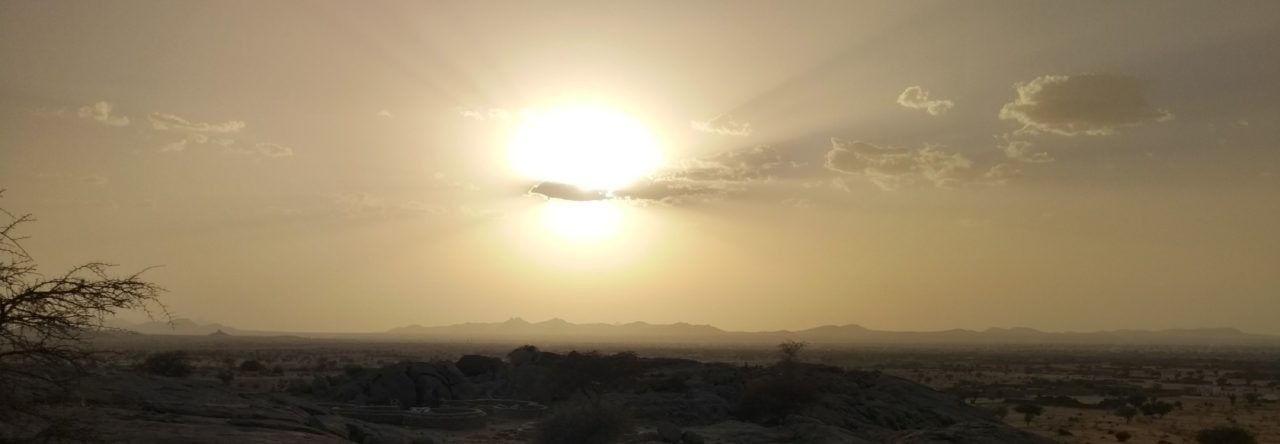Eid Al Adha is one of the two main holidays in the Muslim world (the other being the celebration of the end of the fasting month of Ramadan). Adha means “sacrifice” in Arabic, and this holiday celebrates the Islamic version of Abraham’s near-sacrifice of Isaac (Genesis 22). I asked several Muslim friends to explain to me the significance of this holiday for them. They believe that God called Abraham to sacrifice his son Ishmael (thought to be the father of the Arabs), and that at the last minute he provided a sheep in his place. If he hadn’t provided the sheep, then good Muslims would be required to sacrifice their own firstborn. But since God provided the sheep, they celebrate by slaughtering sheep. And the sheep must be at least a few years old, in good health, no injuries or blemishes, etc. Sound familiar?
Why must the sheep be “spotless”? I don’t know, and my Muslim friends don’t seem to know either. You see, Mohammed appropriated bits of the Old Testament story without a clear understanding of the meaning. The Qur’an includes bits from many of the biblical prophets, but without the redemptive thread. It’s just a bunch of stories and instructions with one overarching point – obey God and believe in Mohammed his prophet or go to Hell. You can’t know God, you can’t really love God, but you CAN and MUST fear and obey him. And on the Day of Judgement, if God wills he will send you to Heaven and if not he will send you to Hell. There is the idea of a set of scales, with good deeds on one side and bad deeds on the other. The hope is that the good deeds outweigh the bad, but know one knows.
I had a discussion with an Arab Muslim friend about assurance of salvation. I told him I know I am going to heaven, I have no doubt. The Bible offers that kind of assurance (read 1 John, especially 5:13!). But he said it’s impossible to know, and it’s arrogant to presume to know. “If God wills” could be the ultimate summary statement of Islam. And the god of Islam is an arbitrary god.
All that being said, this holiday is a time people look forward to. People buy new clothes, and over the 3 days of the holiday they visit family, friends and neighbors. Food is often shared around, and there are lots of sweets. Kids go around in groups from house to house to get candy and sweets (like some kind of Chadian Halloween without the costumes). The first day of celebration begins with mandatory prayers, and then the sheep (or sheeps, if you are wealthy enough) are slaughtered after proclaiming “Allah hu akbar” (“God is the greatest”) three times. Every bit of meat (including intestines, liver, stomach, etc.) is eaten – some grilled, some cooked over a fire in a sauce. And of course, afterwards there’s tea.
I visited my friend Abdou’s family this year, bringing Judah and Calla Grace. Kimberly stayed home with Isaac, who was sick. The picture above is in a room of his parents house where we sat and talked while the kids tried to finish off all of the candy, cookies and dates. The wood carving of Africa is a gift I had given Abdou a long time ago because he likes maps.
We stayed a couple of hours at Abdou’s parents’ house, talking, eating and walking around outside seeing how green the world has become during the rainy season. The kids especially enjoyed that part.




















